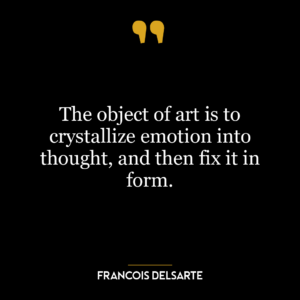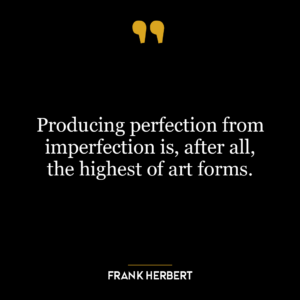This quote signifies that the most basic form of rebellion, in its essence, is a desire for order or structure. It may seem contradictory because rebellion is often associated with chaos and disorder. However, Camus suggests that the root of rebellion is not anarchy, but a yearning for a better, more orderly system.
Rebellion arises when the existing order is perceived as unjust or oppressive. An individual or a group revolts not for the sake of chaos, but to challenge the status quo and replace it with a more just, fair, or orderly system. Therefore, at its core, rebellion is a quest for order – an order that aligns with the rebel’s perception of justice and fairness.
Applying this to today’s world, we can see this principle in action in various social and political movements. For instance, protests against racial discrimination, gender inequality, or climate change are all forms of rebellion. Participants in these movements are not seeking to create chaos, but to establish a new order where justice, equality, and sustainability are prioritized.
In terms of personal development, this concept can be applied to the individual’s journey towards self-improvement and growth. Personal rebellion can occur when one realizes that their current lifestyle or mindset is not serving them well. This dissatisfaction with the status quo can spark a desire for change – a rebellion against one’s old self. Paradoxically, this rebellion is not a pursuit of disorder, but a quest for a better, more structured self. It’s a pursuit of a personal order that aligns with one’s values, goals, and aspirations.








